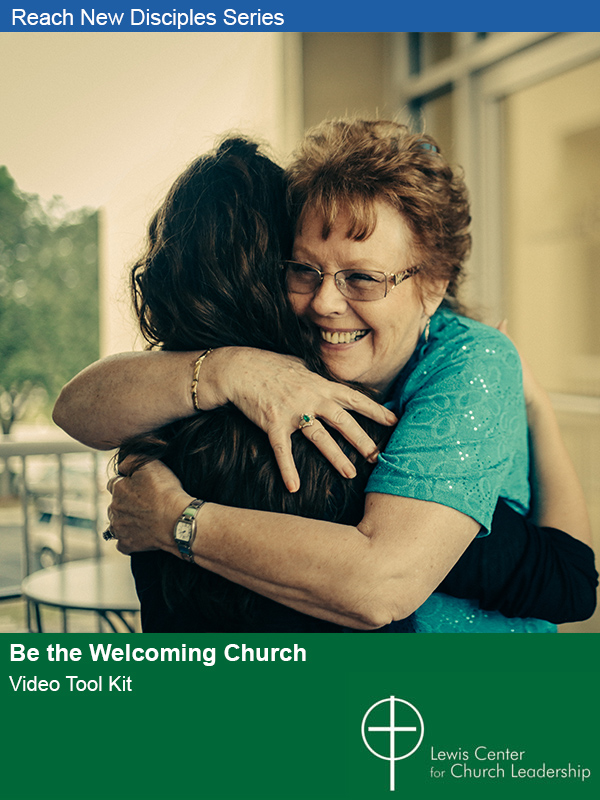Junius B. Dotson says that church outreach has generally taken the form of community service or evangelistic efforts. But real missional engagement entails the building of authentic, organic, and consistent relationships that lead to intentional discipleship.
The term missional engagement stands in deliberate contrast to our traditional understanding of outreach. Let me offer some distinctions. Outreach has traditionally taken two forms. It can be missional efforts. These are traditional helping ministries such as food and clothing drives, neighborhood clean-ups, and food pantries. There are some outreach efforts that are more evangelistic efforts. These include activities like attending a street festival and handing out invitations to church, or going to a park to pass out water bottles with the church’s information on it.
When engagement is authentic, organic, and consistent, we create the space necessary for people to share their faith. It’s not a program. It is an ethos that is deeply rooted in a congregation’s understanding of intentional discipleship.
I believe any outreach effort whose goal is simply inviting people to church or only providing ministry “for people” and not “with people” without regard to building relationships is shortsighted — it misses the point of intentional discipleship. Missional engagement entails the building of authentic, organic, and consistent relationships. Only relationships built on these three characteristics will lead to intentional discipleship.
Authentic
Merriam-Webster defines authentic as “of undisputed origin; genuine.” Is our missional engagement with people genuine? Does it start from a good place? Does it have good origins? As we grow in our faith as disciples of Jesus, we should become more selfless, having greater concern and care for the world and the people around us. This care and concern should begin to manifest itself in our relationships. As we develop relationships with people outside of our churches, it is important that we check our motivations and make sure they are genuine. The more authentic and honest the encounter, the more effective we are in faith sharing.
Organic
As we engage with others and begin to build relationships, it must be organic — it cannot be forced. Think about organic as being something that takes on a life of its own naturally. A young pastor shared with me that he and his wife decided to turn off their cable in order to save money. This action left him without a place to watch football after church on Sundays, so naturally he started going to a local bar to watch the game. Over the course of several weeks, something unexpected happened. He became friends and developed relationships with many of the people he would see in the bar each week. Over time these encounters and conversations deepened and suddenly they were talking about Jesus and faith. These conversations resulted in several persons accepting Jesus as Savior and many of them beginning to show up and help out at his church.
Consistent
Any healthy relationship requires a consistent investment of time. Consistent means that our interaction is not transactional. We are not simply trying to get you to attend church. We have a real desire to know you as a person and are committed to being in relationship with you as our neighbor, even if you don’t attend our church. Consistent interaction can include a phone call, personal invitations to special events, or a simple acknowledgement that you have been prayed for by our church. You will be surprised by the number of neighbors who will become the biggest cheerleaders for the ministry of your church in the community even if they happen to attend another church.
When engagement is authentic, organic, and consistent, we create the space necessary for people to share their faith. Engagement is not a program, it is an ethos that is deeply rooted in a congregation’s understanding of intentional discipleship. This ethos can also fundamentally change the way a church approaches the planning of any activity or event. Consider an outreach event that your church does regularly. Examples might include an Easter egg hunt during the Lenten season, an annual clothing giveaway event, or a community yard/garage sale. How would the nature of that event change if it were planned to ensure that our encounter with people at the event was organic, authentic, and consistent? It could involve a team of people whose sole responsibility is to simply talk to people and listen to their stories. We cannot make disciples without first being in relationship with people!
Finally, consider how you might leverage technology in your ministry setting in order to increase connections and possible future relationships. How can we begin conversations and relationships through websites, social media, blogs, videos, and podcasts? How can we engage people outside of our church in positive ways which meet them where they are, recognizing and articulating some of their deep spiritual needs? Creating the space for conversations may lead to new relationships. But do not forget, technology does not replace authentic in-person relationships, but it may be a very good starting place. Discipleship begins with relationships — authentic, organic, and consistent.
This article is excerpted from Developing an Intentional Discipleship System: A Guide for Congregations by Junius Dotson, published by Discipleship Ministries. Used by permission. The guide is available as a free download at seeallthepeople.org.
Related Resources
- Organizing a Missional COMMUNITY by Doug Powe And Hal Knight
- Key Competencies for a Missional Congregation by Tom Berlin
- The Good Neighbor Church by Sue Nilson Kibbey







